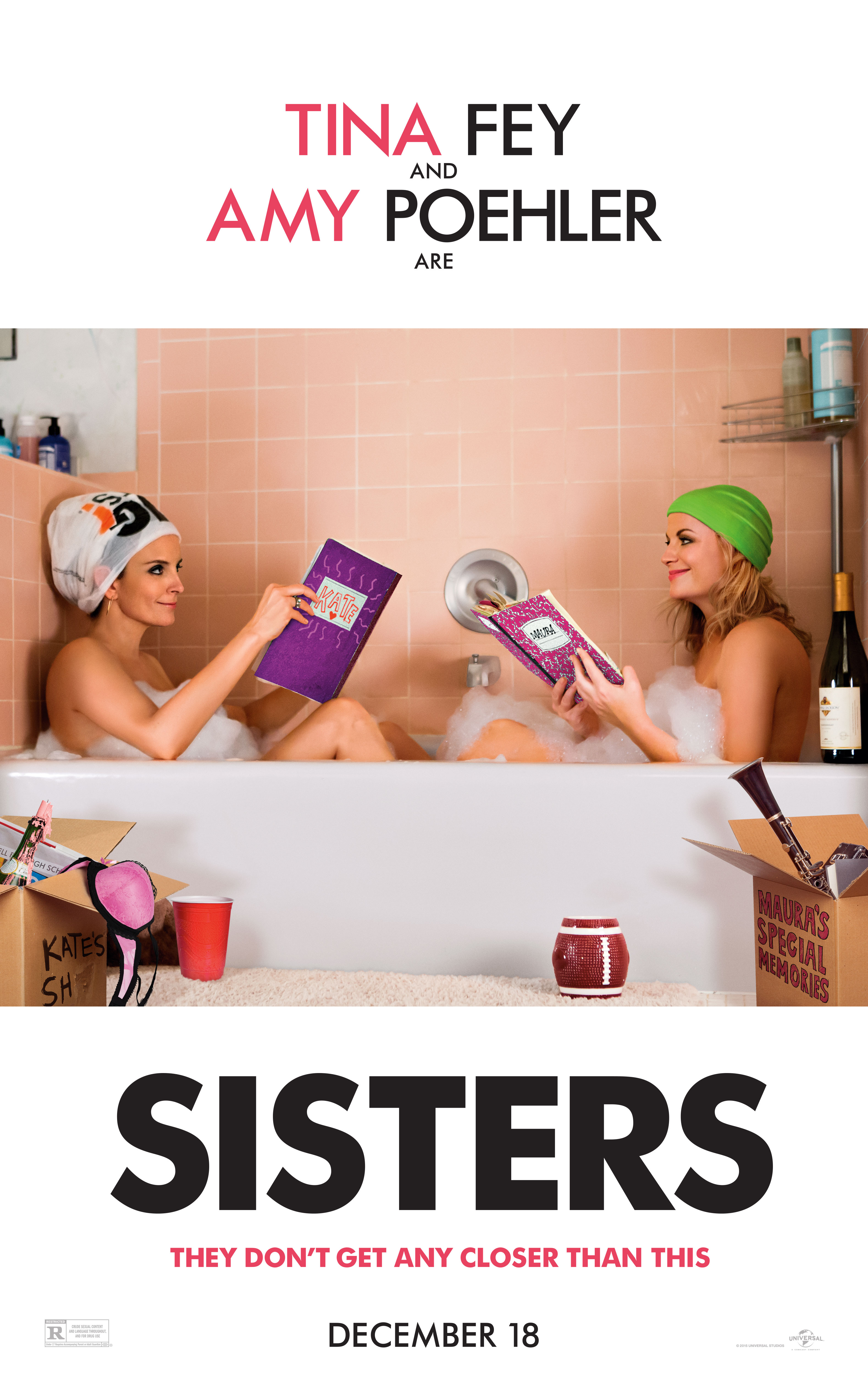Beats Of The Southern Wild
“Hushpuppy, an intrepid six-year-old girl, lives with her father, Wink, in the Bathtub, a southern Delta community at the edge of the world. Wink's tough love prepares her for the unraveling of the universe; for a time when he's no longer there to protect her. When Wink contracts a mysterious illness, nature flies out of whack, temperatures rise, and the ice caps melt, unleashing an army of prehistoric creatures called aurochs. With the waters rising, the aurochs coming, and Wink's health fading, Hushpuppy goes in search of her lost mother.” -- Written by Sundance Film Festival
The Mako Mori test:
a) At least one female character
Hushpuppy
b) Who gets her own narrative arc
She is the main character and the movie is about her.
c) That is not about supporting a man's story.
Her father more so supports her story arc and all the people around support her story arc as well being as though she is the main chacher.
My Film test review
My film test review will be called … It will have more than one person of color, that has their own plot line and is not looked at as the token black friend or token ethnic friend. They are not to be overly loud and deemed angry at the world. I want them to be curious about the world and live in a loving community. They will not act as the stereotypes that are placed on them by the world.

 ‘Sisters’ Movie Review Using the Bechdel Test
‘Sisters’ Movie Review Using the Bechdel Test